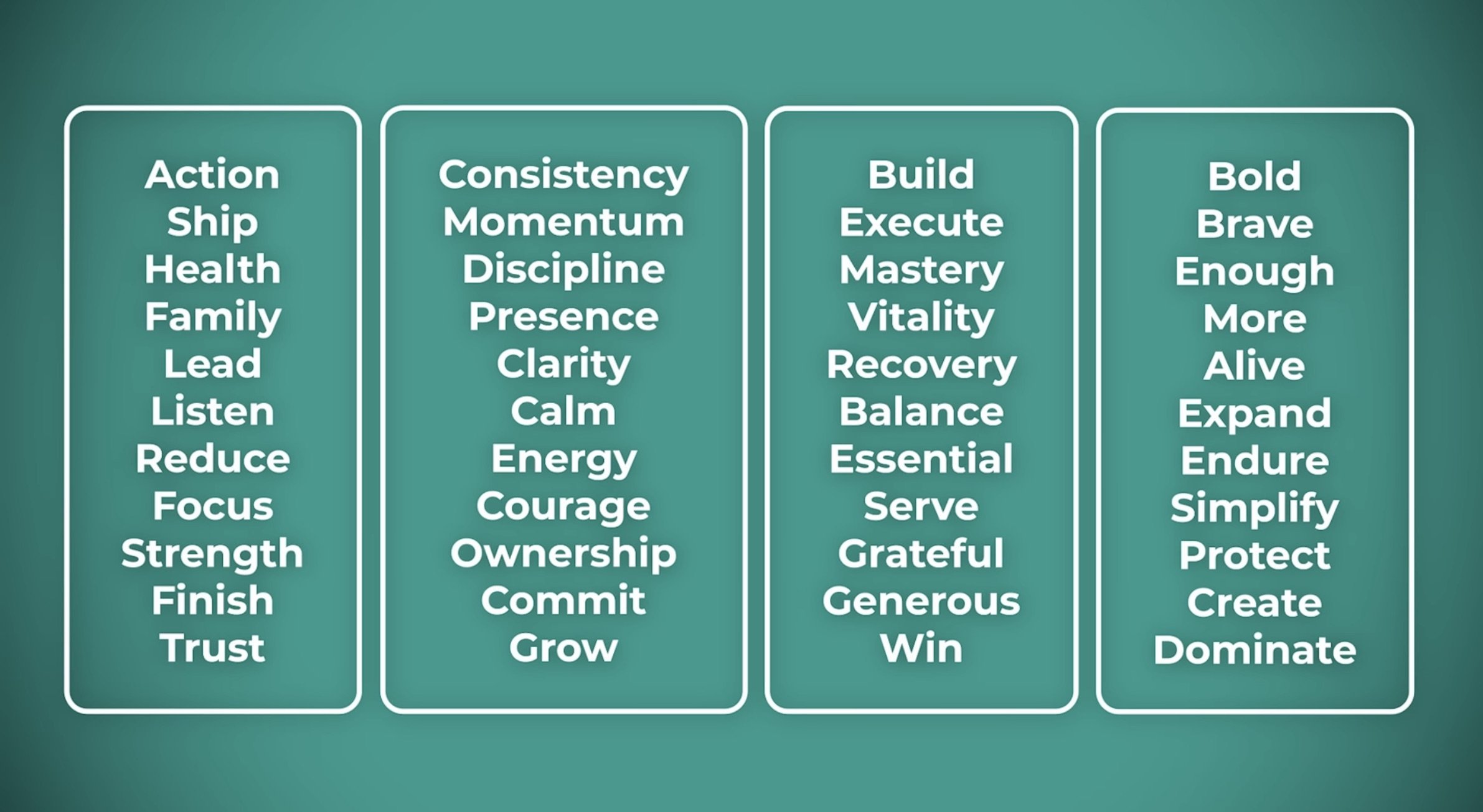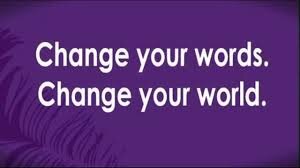Classical observations of yin and yang include pairs such as empty and full, hard and soft, and heavy and light. Each day, choose a word and share what it brings up for you.
Wise words from Steven Pinker
I came to the topic of common knowledge, that is, everyone knowing that everyone knows that everyone knows something, through my interest in language. In language, most of what we say isn't exactly what we mean. People say things like, if you could pass the salt, that would be awesome. And that's not literally what they mean. They mean, give me the salt. And many of our conversations use euphemism, innuendo, and beating around the bush. How come? Why don't we just blurt what's on our mind? I realized that the answer is that language has to do two things at once. On the one hand, you're conveying a message. The other hand, you are negotiating what kind of social relationship you have. Are you friends? Are you lovers? Are you transaction partners? And that is done through common knowledge. That is, two people are friends if each one knows that the other one knows that the first one knows that the second one knows that they're friends. And so when we use euphemism, I realize what we're doing is we're trying to prevent common knowledge. And that's what led me to the realization that common knowledge is the key to all of our social relationships.
It may be offensive
c/o Gillette
When I speak to others, my words must either inform, inspire, support, or bring laughter; otherwise, I choose to remain silent. If the conversation could turn hostile, involve anger or revenge, focus on right and wrong, or risk making someone feel unhappy or hurt, I pause instead. I wait until I can say something that will either inform, inspire them to grow, offer support, or bring laughter. Remember, comments from others can never bring you down!
““No one can make a fool of you without your consent.””
Know your worth
Once you understand the power of your words, you won’t just say anything.
Once you understand the power of your thoughts, you won’t just think anything.
And once you understand the power of your presence, you won’t just be anywhere.
Make more money
The ability to think silently is a powerful tool, allowing us to process ideas internally without verbalising them. On the other hand, when it comes to expressing those thoughts, words become essential. I think communication acts as the bridge between ideas and their manifestation, serving as the cornerstone for the highest levels of value creation. And in my experience, the best communicators with the best ideas are often the ones who achieve the greatest financial success.
Saying it and doing it
I think that there are three things you must always ask yourself before you say anything:
Does this need to be said?
Does this need to be said by me?
Does this need to be said by me, now?
Words are words
Communication is a craft, it will serve you so well at home and in the marketplace, it will server you so well in your career and making your fortune. Here’s the combination; well-chosen words mixed with measured emotion. Not only do the words have to be well chosen, but the emotions also have to be well measured. I mean do not place too much power on a minor point, for example, nobody would get it, if you have a powerful point and a little bit of emotion. It wouldn’t make sense, therefore. adjust your style to fit the occasion and the emotional content.
Effective communicators spend a lot of time getting to know the product's target customer. Whether it’s working on a job or advancing your career, whatever it is, craft your communications and become a little more aware. Effective communicators ask themselves:
•. What is the customer's pain?
• What does the customer find frustrating with current products?
• What will surprise and delight this customer?
The better you know your customer, the more effective you'll be at crafting messages that resonate with them. This is a craft, and the payoff is so great when your communication makes sense. Just ask yourself the question: Could we possibly get better at affecting people with our words and language? What about with style and emotion content? And if the answers are yes, contact me via e-mail for creating a framework that ensures it consistently works.
It’s not what you say, it’s the way that you say it
It doesn’t matter what you do in this modern world, you have to know how to use words. If you want to inspire your employees, negotiations, interviews or even inviting your friends for dinner, words are the key. Nowadays, face-to-face meetings are no longer normal, therefore, relationship building happens remotely, and this makes our style of speaking is even more important. Especially when selling over the phone, as you don’t have the benefit of body language to help you construct a convincing sales pitch. In reality, when speaking over the phone almost your entire message is communicated via your tone and inflection.
The classic and still widely-accepted rule about effective communication was developed by Professor Albert Mehrabian. He found the percentages relating to relative impact of words, tone of voice, and body language when speaking. Just 7% of meaning is gained from the actual words that are spoken. 38% of meaning is derived from the way the words are spoken and 55% of meaning comes from facial expression. And Robert Alberti , an expert in assertiveness and with over 40 years experience of teaching, consulting, writing about, and researching healthy elements of assertive expression, said ”I’ve learned that it’s really not so much what you say as how you say it.”
I think that if I tell you that “you really look great today,” and say it while making eye contact and smiling and speaking in a friendly tone, you’ll likely take it as a compliment. If I say the same words while rolling my eyes, shaking my head, scowling, and speaking with derisive inflections, you’ll know I’m being sarcastic and critical. Contact me via e-mail for workshops and communication guidance.
Just keep practicing
Now, more than ever, we need to be equipped with sharp skills, fresh ideas, more drive and new techniques in order to achieve our goals.
Respect the power of words, choose them with care, speak them with heart and listen to them with sincerity. With a little practice every day you will slowly and surely get there. It may take time, so trust the process and don’t be afraid to make mistakes, as mistakes mean that you are trying.











